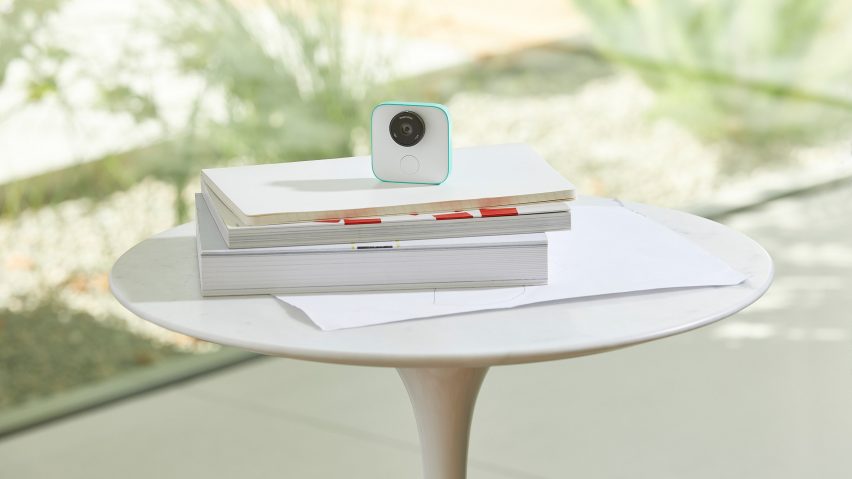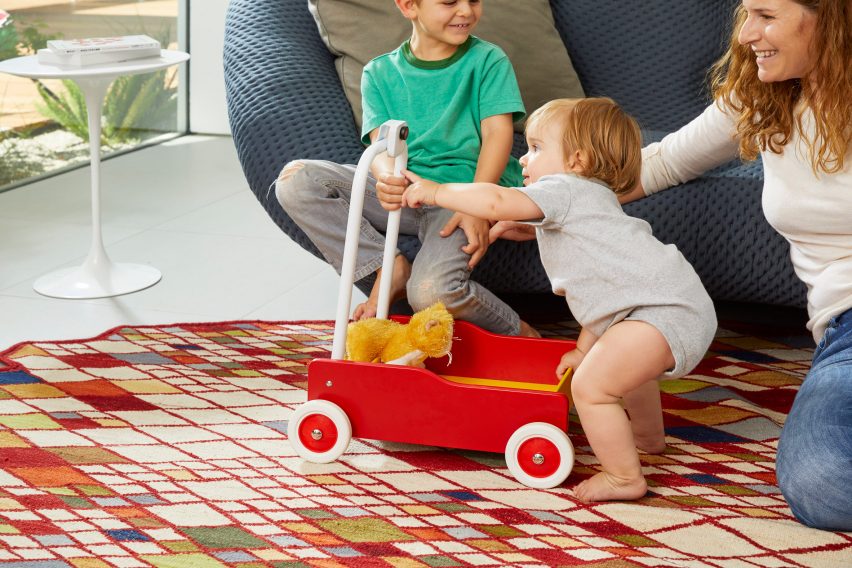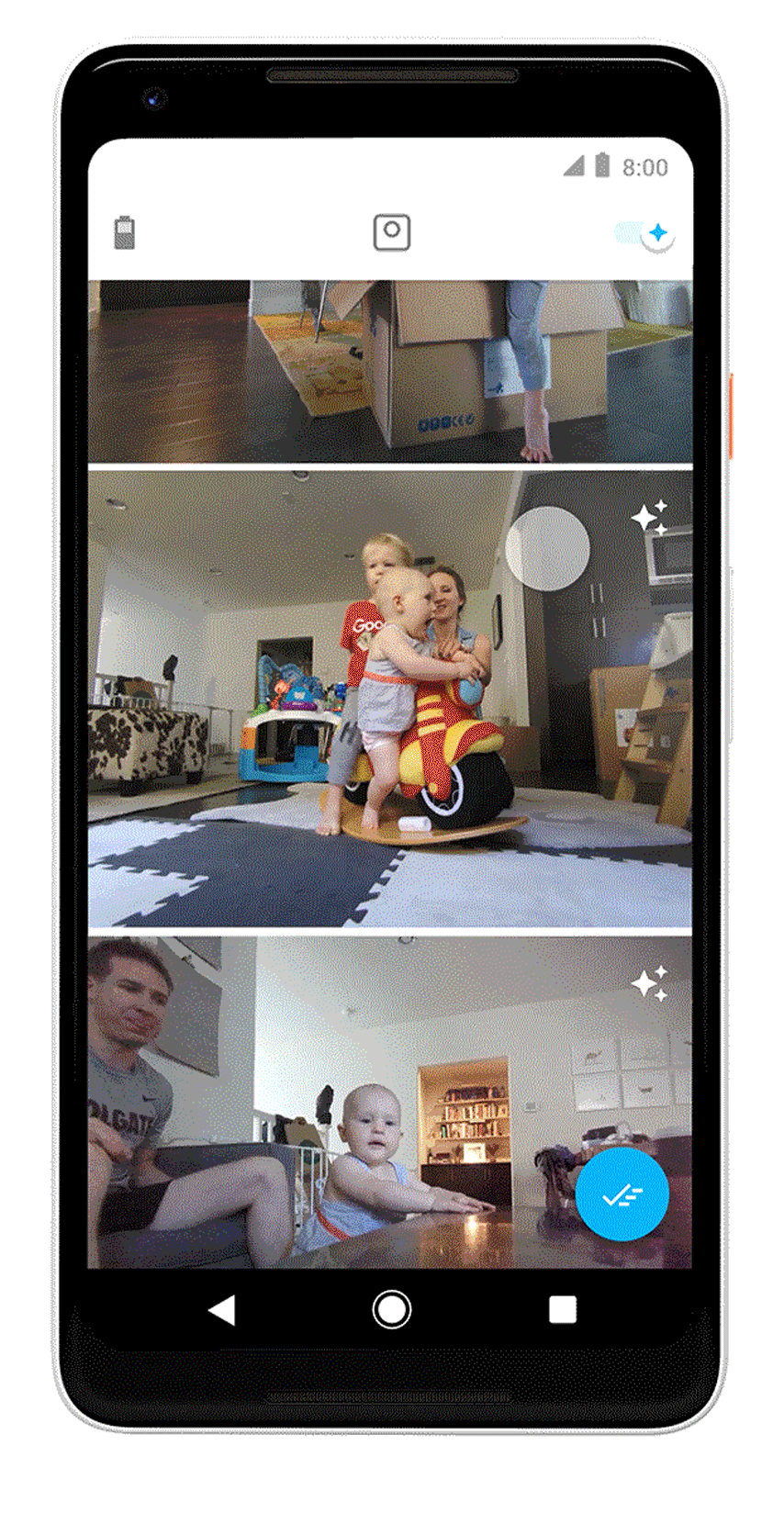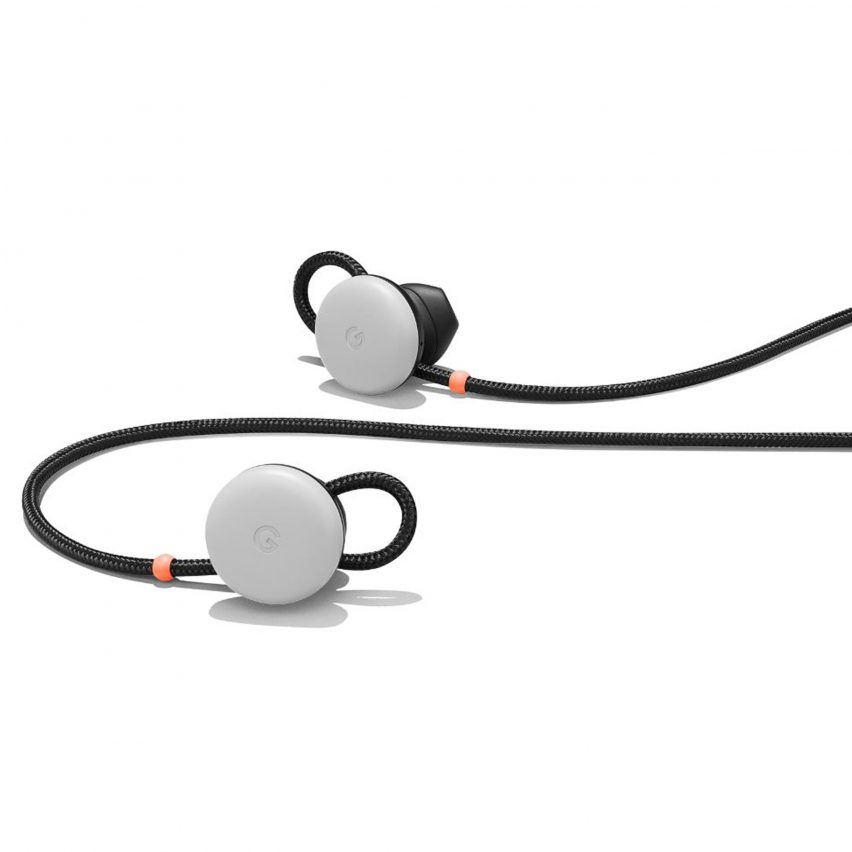
Google's new camera knows when to automatically take a picture
Google has launched a new hands-free camera named Clips, which uses artificial intelligence
Google Clips is a small, square-shaped camera that wirelessly takes image bursts and syncs them to the user's chosen devices – working in a similar way to GoPro cameras.
But unlike its competitors, Clips is enabled with machine-learning capabilities, which means it can scan its environment to look for the right moment to capture.

"We've been working on a new type of camera that lets you capture more of these special moments, while allowing yourself also to be in the moment," said product manager Juston Payne in a blog post.
"We've put machine learning capabilities directly into Clips, so when you turn it on, the camera looks for good moments to capture."
One of these machine-learning capabilities is facial recognition. Users can specify favourite family members and friends in the camera's settings, so that the device can pick them out.
"Clips looks for stable, clear shots of people you know," explained Payne. "You can help the camera learn who is important to you so when grandma comes in town, you'll capture the grand entrance."
The camera also has a shutter button, so it can capture clips on demand as well as automatically.

All clips are synced wirelessly to the Google Clips app, which also allows users to pick which frames to download as high-resolution still photos.
With growing concerns about camera-enabled smart devices in the home, Payne said the device had been designed with privacy principles in mind.
"It looks like a camera, and lights up when it's on so everyone knows what Clips does and when it's capturing," he said.
"All the machine learning happens on the device itself," he continued. "And just like any point-and-shoot, nothing leaves your device until you decide to save it and share it. "
Google launched its Clips device at a keynote event last week, which also saw the tech giant reveal a pair of wireless headphones that incorporate its voice assistant feature, meaning they can translate 40 languages in real time – named Pixel Buds.

As well as the Pixel Buds and Clips, the event on 4 October 2017 saw the company launch an updated family of consumer hardware products – including the Google Home Mini and Max speakers, Pixelbook computer, Google Clips hands-free camera, and new Daydream View virtual reality headset.
The new product releases follow an announcement made by the company's CEO, Sundar Pichai, earlier this year. He said that in the coming years, Google would be shifting its focus from "mobile first" to “artificial intelligence [AI] first".
The products, which rival many competitor products already on the market, could be seen as an attempt by Google to shed its bumpy history with hardware, which includes the decision to shelve its ambitious modular smartphone Project Ara and its Google Glass headset after years of development and publicity.